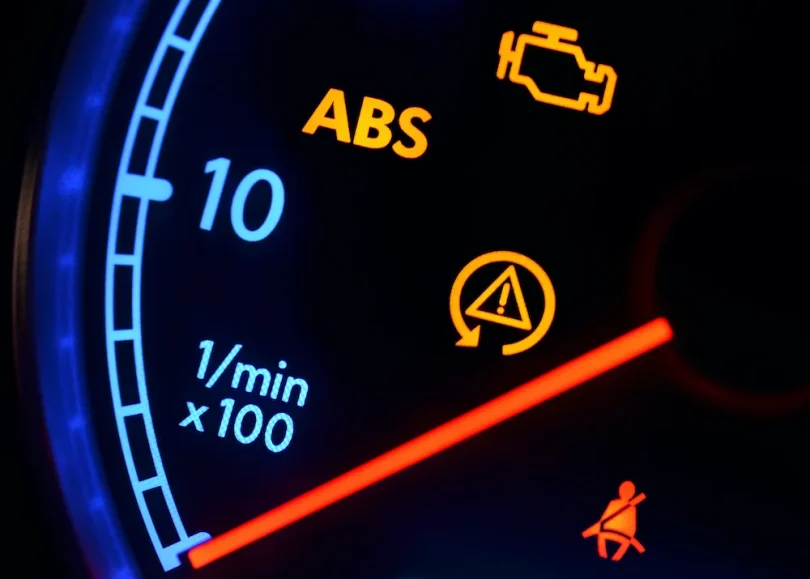 |
It’s easy to become complacent and to make mistakes that could jeopardise the performance of your vehicle. After driving for a few years, you begin to neglect doing simple things, like cleaning your car or purchasing parts from a trusted auto parts supplier. Even though you might think that you know your car better than anyone else, making the same mistakes repeatedly can affect the quality of your drives. It can also cause your car to perform poorly. To ensure that your drives here in New Zealand remain safe and smooth, avoid these seven common mistakes:
1. Immediately Driving without Warming up the Engine
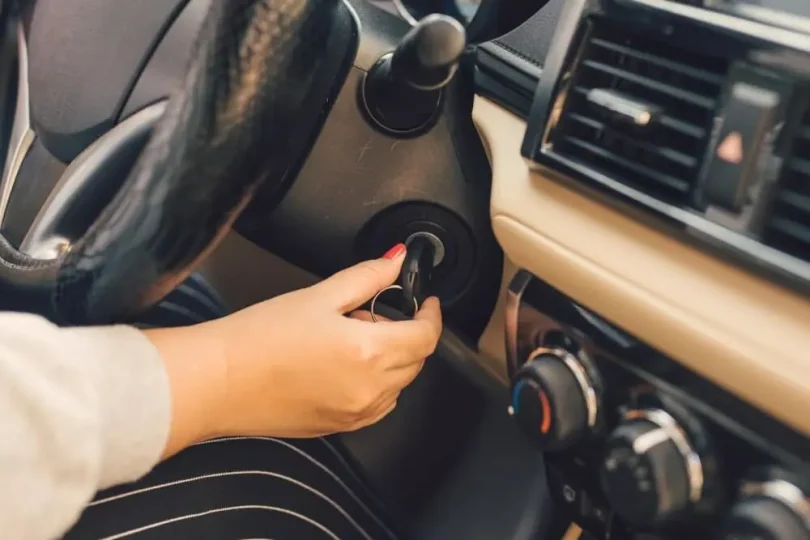
Source: vehiclefreak.com
Even if you’re running late, it’s not a good idea to turn on your car’s ignition and drive out of the garage immediately. It’s better to wait for 30 to 60 seconds after turning on your vehicle. This is because it gives the engine oil enough time to circulate and lubricate the critical components in your engine compartment. Your engine is composed of several moving parts that need proper lubrication to prevent metal-on-metal contact. This reduces engine damage while increasing its performance.
It’s also a good idea to warm up your car’s engine when driving in cold areas. The chilly temperature makes the engine oil more viscous, so it’ll take a bit more time for the oil to warm up. Performing a cold start will increase the engine oil’s temperature for easier circulation and lubrication, but only after a few minutes. It will also increase your gas mileage, since warmer engines burn fuel more efficiently.
2. Failure to Do Any Pre-Travel Car Checks
While waiting for your engine to warm up, it’s the perfect time to perform a pre-travel car check. A lot of drivers would rather skip this step since they think that it’s just a waste of time. However, checking your vehicle’s condition before hitting the road will allow you to perform quick fixes on minor issues like low engine oil. It’ll also give you a chance to spot the early signs of serious car problems such as loose brakes and a leaking radiator. This way, you’ll have ample time to bring your vehicle to a mechanic and have it professionally repaired before things get worse.
3. Failure to Refill and Change Engine Oil and Other Fluids
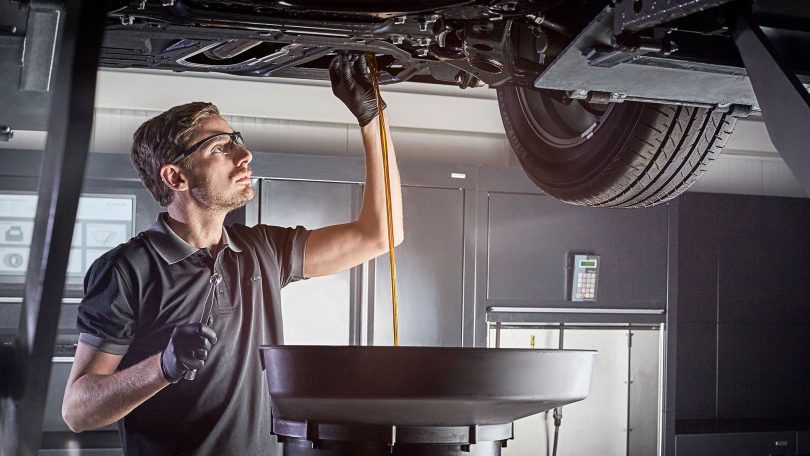
Source: lexus.eu
Your vehicle uses different kinds of fluids to ensure that it functions properly. Some of these fluids are:
- Fuel
- Engine oil
- Brake fluid
- Radiator fluid or coolant
- Differential fluid
- Window washer fluid
Some of these fluids are made to lubricate your vehicle’s components, while others help protect car parts from damage and increase their service life. Over time, these fluids become contaminated or start to run low as they are consumed.
A lot of drivers don’t refill or change their cars’ fluids until the last minute. This isn’t ideal because running your vehicle while it’s low on these fluids puts its vital components at a higher risk of getting damaged. To check if your car’s fluid levels are okay, use the car’s dipstick or check the warning lights on the dashboard panel. If you’re running low on fluids or it’s been a while since you replaced them, refill ASAP.
4. Ignoring the Warning Lights on the Dashboard Panel
Your vehicle’s dashboard panel displays several lights, dials, and gauges that can be distracting, especially if you’re a new driver. Nevertheless, it’s still a good idea to keep an eye on the panel, especially when a warning light flashes on. Warning lights are designed to alert you that there’s something wrong with a specific system in your vehicle. This way, you can inspect the problem area and have it fixed pronto.
Some of the warning lights you can find on the panel are the following:
- Engine light
- Tire pressure light
- Brake warning light
- Airbag warning light
- Battery alert light
Many long-time drivers ignore their vehicles’ warning lights. This is because they tend to think that they know the ins and outs of their cars, and as such, they also tend to feel more confident about diagnosing the problem on their own. This is not advisable because ignoring warning lights can lead to serious issues not being discovered, creating expensive repairs and unsafe driving.
5. Installing Cheap Replacement Parts, Upgrades, and Accessories
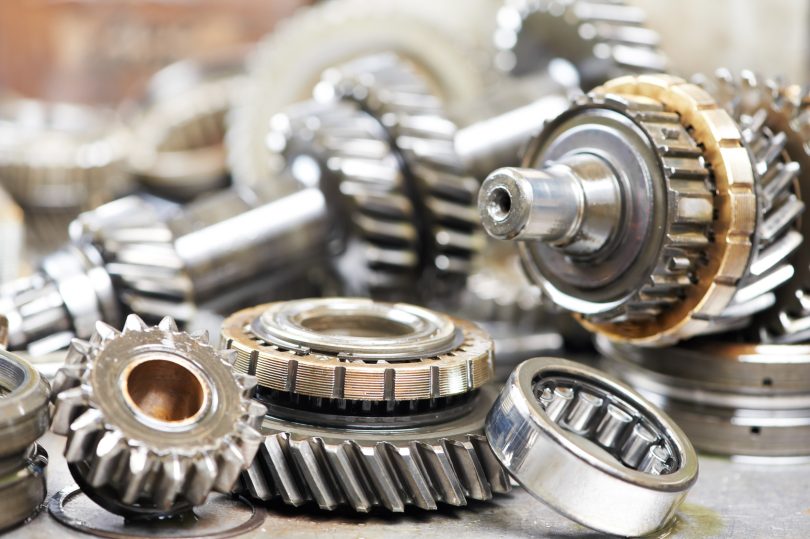
Source: ventsmagazine.com
When it comes to enhancing your vehicle’s performance and appearance – or even simply maintaining it for your daily use – you must always invest in high-quality automotive products. You may certainly have access to cheap auto parts that’s becoming more common in the NZ market these days, but buying instead from a reputable auto parts supplier in New Zealand will yield a better return on your outlay. High-quality upgrades and replacement parts aren’t only more durable, but they also last longer. They’re also made to meet the highest standards of quality and safety set by the automotive industry. It may be tempting to purchase cheap parts, upgrades, and accessories to save money, but the integrity of their construction can compromise your car’s performance.
6. Neglecting to Do Regular Maintenance
Bringing your car to the mechanic regularly is the best way to keep it in excellent condition. After all, the professionals have the tools, experience, and knowledge to properly inspect your vehicle’s current state. They can also repair any damage your car has sustained and install upgrades that can unleash your vehicle’s high-performance capabilities. Even though you might be able to check your vehicle’s condition on your own, nothing beats a job done by a trained professional.
7. Putting Off Cleaning the Car
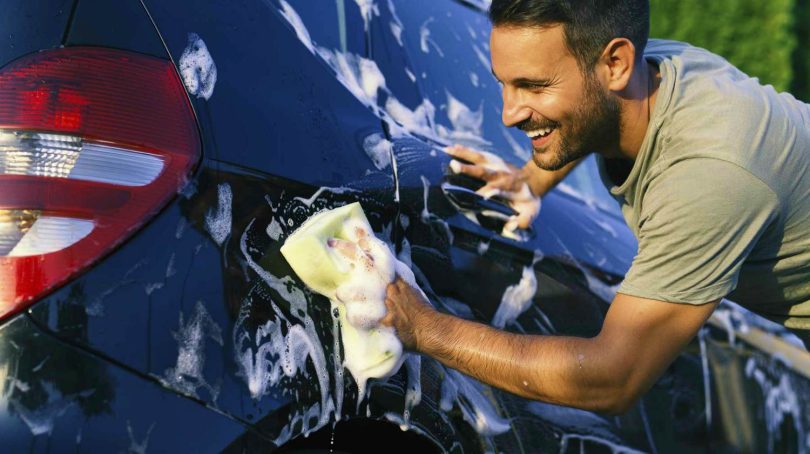
Source: ruggedstandard.com
Cleaning your car has several benefits – it keeps the vehicle’s interior air healthy, improves the cabin’s comfort levels, and ensures that nothing will interrupt you while you drive. Dust, dirt, leftover rubbish, and other filth can make you feel miserable inside the car. This could take your focus away from the road, causing you to make mistakes while you drive.
Even if you’ve been a car owner for many years, it doesn’t give you a pass to forgo the basics of keeping your vehicle in tiptop condition. Owning a car is a big responsibility, and one’s neglect and forgetfulness can turn minor errors into major problems. It’s important to familiarise yourself with the common car owner mistakes mentioned above so you can avoid making them yourself in the future.




